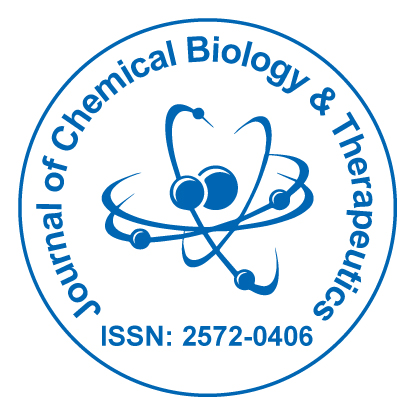Anti-inflammatory and Anti-tumor Activities of Parthenolide: An Update
Received Date: May 30, 2016 / Accepted Date: Jun 18, 2016 / Published Date: Jun 25, 2016
Abstract
Parthenolide (PTL), the secondary metabolite of feverfew plant (Tanaceum parthenium), has been used in various medical purposes globally. Inflammation represents a physiological response to injury and helps to restore tissue homeostasis. Inflammation and cancer both are associated with genotoxicity, invasion, metastasis, and abnormal tissue repair mechanisms. PTL inhibit major cellular inflammatory and proliferation pathways like NFκB, STAT3, and MAPK along with the activity and expression of several inflammatory mediators including COX. NFκB pathway plays a key role in controlling cell cycle progression and apoptosis together with metastasis and cancer of various types. Elevated NFκB, Wnt/β-catenin pathways are crucial factors of tumorogenesis. PTL inhibits NFκB and Wnt/β-catenin pathways, and thereby promotes apoptosis and suppresses cell proliferation. Experimental data showed that PTL protects normal cells from apoptosis; whereas in cancer cells it induces apoptotic cell death. Hence, parthenolide could be useful in controlling inflammatory diseases alone or together with tumorogenesis due to its evident anticancer potency and anti-inflammatory nature.
Keywords: Parthenolide; Feverfew; Inflammation; Cancer; Tumor; NFκB
Citation: Dey S, Sarkar M, Giri B (2016) Anti-inflammatory and Anti-tumor Activities of Parthenolide: An Update. J Chem Biol Ther 2: 107. Doi: 10.4172/2572-0406.1000107
Copyright: © 2016 Dey S, et al. This is an open-access article distributed under the terms of the Creative Commons Attribution License, which permits unrestricted use, distribution, and reproduction in any medium, provided the original author and source are credited.
Share This Article
Open Access Journals
Article Tools
Article Usage
- Total views: 15475
- [From(publication date): 8-2016 - Apr 07, 2025]
- Breakdown by view type
- HTML page views: 14448
- PDF downloads: 1027
